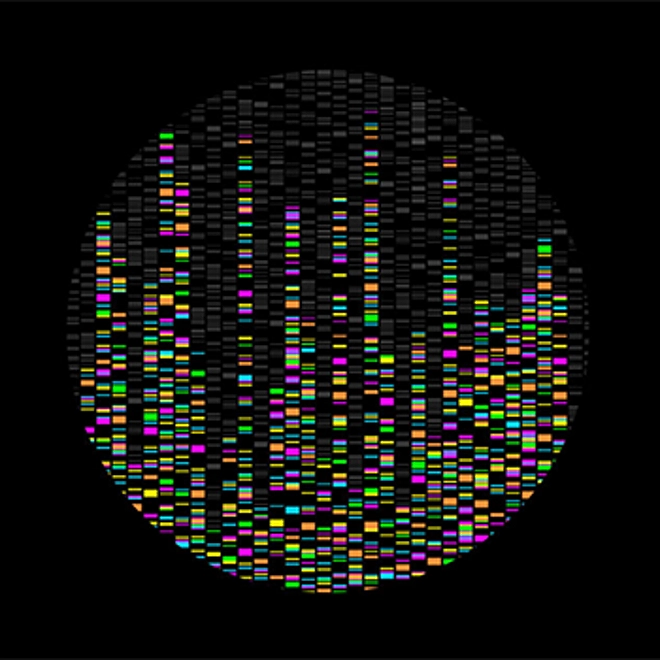Digital health monitoring
Unlocking the Value of Digital Patient Follow-up
Digital transformation is shaping the future of healthcare. Radically interoperable data, artificial intelligence (AI), and open, secure platforms will drive much of this change. Digital health monitoring plays a vital role in this transformation, allowing easy access to relevant data, improving quality of care and delivering value to patients, healthcare practitioners, hospitals, and governments.
MSD wants to play an active role in accelerating awareness on the benefits of digital health monitoring. This whitepaper is an instrument to initiate the dialogue with all stakeholders and to strengthen the digitalisation of the Belgian healthcare system. It provides the latest insights in the rapidly expanding digital health monitoring market, global case studies, and the current status of digital health monitoring in Belgium.
Key insights from the study
The global market for digital patient monitoring devices is expected to grow with 28% annually to 273B USD in 2026.
Digital health monitoring solutions provides benefits across diseases and therapeutic areas, with a positive impact on patients, healthcare practitioners, hospitals, and governments, for example:
- Timely and accurate interventions and enhanced patient experience
- Reduced administrative burden and diminished risk of burn-out for healthcare practitioners
- More valuable use of hospital resources and capacity
- Better allocation of healthcare budgets
15% of Belgian hospitals included in the research sample (n=98) are applying digital adverse event management to follow up on oncology patients. The majority of this group facilitates real-time interaction between patient and clinicians through active follow-up on PREMs and PROMs via alerts or pop-ups to patient and hospital in case of severe outcomes.
Key success factors of digitalizing patient follow-up in oncology are:
- Full integration of the proposed digital solution with the existing EHR of hospitals
- Digital solution should be tailored to the specifics of the hospital needs and existing care pathway
- Easy-to-use solution with simple interface for patients, and insightful dashboards for HCPs
- Scalability of the digital solution to other disease areas across the hospital (e.g. heart failure, other chronic diseases)
The Belgian health ecosystem is a splendid nourishing base for digital health solutions as it combines a solid set of start-ups with a favourable legislative framework, enterpreneurial clinicians, and life sciences companies thinking "beyond the pill.


